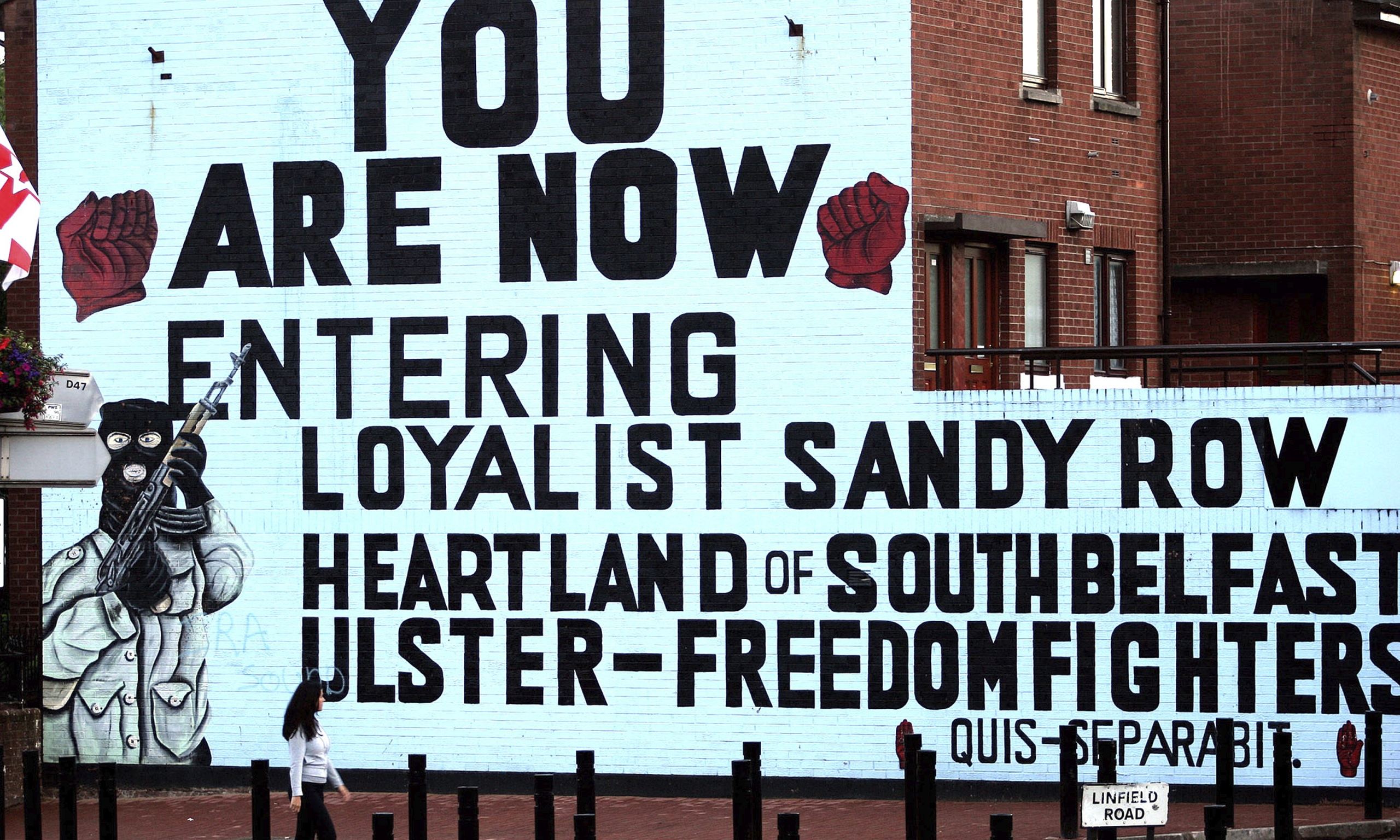
Once again, Iraq is in the news, and once again, it is about violence. Except that, hard as it is to imagine, things might be more dangerous now than the entire cruel and bloody years since the fall of Saddam. The Islamist Islamic State in Iraq and Sha’am (ISIS) have conquered one of the countries larger cities, Mosul, and are now bearing down on Baghdad. And the gravity of the situation has not gone unnoticed by their competitors in faith in the oneness of God and the prophethood of Mohammad.
Hundreds of Iraqis converged on volunteer centers across Baghdad on Saturday in response to a call by Iraq’s highest Shiite cleric to fight back against a Sunni jihadist group making rapid gains across the north.
Iraqi Shiite volunteers were responding to Ayatollah Ali al-Sistani, who on Friday issued a rare call to arms to the nation’s Shiites, setting the stage for sectarian war, local media reported.
After the ISIS offensive this week triggered a massive retreat by security forces in the north, the government turned to its citizenry for help, issuing a call for volunteers to join the battle. On Friday, that call was echoed in a message from Grand Ayatollah Ali Sistani, delivered at prayers in the southern city of Karbala, a Shiite holy city.
In the past, Sistani has issued conciliatory statements that have pulled Iraq back from civil war. But the cleric was blunt Friday, with his representative urging anyone who can carry a weapon to take up arms against the militants.
“Citizens who are able to bear arms and fight terrorists, defending their country and their people and their holy places, should volunteer and join the security forces to achieve this holy purpose,” he said in a sermon.
Baghdad residents said those signing up are largely members of Shiite militias notorious for bloodletting during the darkest days of Iraq’s civil war, raising fears of a return to levels of sectarian violence that could tear the country apart.
Noticed the repeat use of the word “sectarian” to describe violence and war? Why not call they what they are-religious?
The situation couldn’t be any clearer. Iraq’s divisions (setting aside the Kurds, not directly involved in the current battles) is along religious fault lines. Those fault lines are essentially about nothing, but competing interpretations of the Koran and the Islamic Hadith. And while hundreds of years of segregation, mutual oppression and discrimination have certainly fomented internecine hatred, one thing remains clear: without the central role religion plays in the public life, those divisions would simply be a matter for the history books. Because there is no difference between Shia in Sunni Arabs in tradition (at least as for as it is not tied to religious practices), language, or skin color . Despite which, it passes from generation to generation like a genetic trait. And besides, while it would be absurd to overlook the impact of historical (including very recent) injustices on the hatred between people of different religious affiliations, it is equally absurd to dismiss the role of the doctrine itself plays in fomenting hatred. And yet, our cultural favoritism that benefits religion won’t allow war and violence to be directly associated with religion, which is why we use the politically correct adjective “sectarian”.
More from the Iraq story:
An Iraqi official said the number of new recruits had reached 30,000 Friday, but that number does not approach the roughly 90,000 soldiers who he said earlier had “evaporated overnight” as ISIS advanced. The official spoke on the condition of anonymity because he is not authorized to provide the figures.
He blamed Sunni officers for capitulating in the face of the advance, leaving largely Shiite soldiers rudderless.
The Iraqi security forces, on which the United States has spent billions for arms and training, are “increasingly going to become another Shiite militia in all but name,” fighting alongside other Shiite militias and the Iranians, according to Kenneth M. Pollack of the Washington-based Brookings Institution.
However, ISIS’s gains have been slowed in areas that are not home to a significant Sunni population. Its advance has been assisted by supporters of onetime dictator Saddam Hussein as well as by general Sunni disaffection with the Shiite government.
And who can blame them with the ruling Shiites only interested in their own “sectarian” interests? They aren’t trying to sweep that under the rug, even now.
Shiite cleric Moqtada al-Sadr, head of a militia known as the Mahdi Army, has called for civilians to protect Iraq’s Shiite shrines. So has Asaib Ahl al-Haq, a resurgent Shiite militia that is close to Maliki.
“Those volunteering are thrilled by thinking this is a religious war,” said Walid Issa Taha, a Baghdad resident who left for the safety of Jordan on Thursday night through a packed airport, joining many others with the means to flee. “It’s all religiously motivated.”
Finally, a moment of truth.
